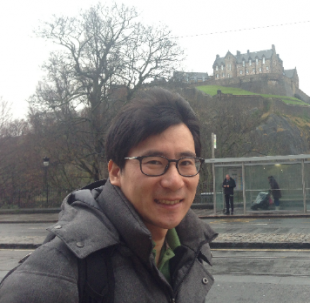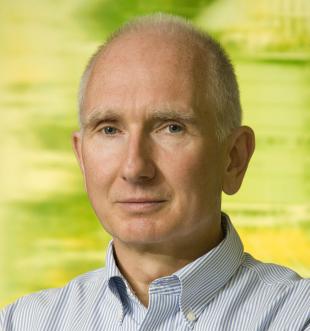Location:
Hudson Beare, Classroom 4
Date:
Dr Donghyuk Shin
Turbulent Flame Speed in Landau Limit and Mixing Dynamics of Fuel Injection
Abstract:
The development of clean, sustainable energy systems is one of the grand challenges of our time. Most projections indicate that combustion-based energy conversion systems will remain the predominant approach for the majority of our energy usage. In the race to satisfy the competing objectives of high fuel efficiency and low emission of pollutants, combustion systems are being driven ever closer to the limit at which the combustion process becomes dangerously unstable, or produces unacceptable levels of noise. As a consequence, our limited understanding of combustion dynamics, and our inability to predict reliably thermo-acoustic behavior prevents the exploration of more advanced combustion systems.
Bio:
Dong-hyuk Shin is a newly appointed lecturer at the School of Engineering. His has built a research career around the advancement of high-performance computing (HPC) tools that address the development of clean and sustainable energy systems. He received his PhD degree from the School of Aerospace Engineering at the Georgia Institute of Technology, USA, and conducted post-doctoral researches at Centre Européen de Recherche et de Formation Avancée en Calcul Scientifique (CERFACS) in Toulouse, France and at the University of Southampton, UK. Through his graduate and post-doctoral research, he has developed expertise in mathematical modelling, scientific computing, and experimental investigation. He has also supported the development of gas turbine technology with industrial partners, GE and Ansaldo.
Dr Rick Jefferys, MIMechE, FREng
Why are there so many CO2 prices?
Abstract:
Economics and regulation drive what we do as engineers; we may not be fundamentally interested in either, but must often understand both to determine what is financially practical and what is not. Climate change is a big driver of policy, hence regulation and subsidy schemes, and CO2 is a big piece of climate change. Since money and CO2 are both fungible (one tonne of CO2 in the atmosphere cannot be distinguished from another), we would expect there to be a single penalty for emitting CO2, which matches the reward for not emitting, perhaps with an energy security premium for local energy. But that’s not what happens; there are many subsidies and taxes, resulting in inconsistent policies which creates a wide spread of effective CO2 prices. As economists would predict, misallocation of spend and effort results, which means that we achieve less than we should and engender opposition from those who deduce that it is too expensive to do anything serious about climate change. I will review the effect of CO2 prices on fuels / power costs and illustrate the huge range of implicit and explicit CO2 prices in the UK, look at some consequences and review what we might do different in a rational world.
Bio:
Rick Jefferys received his undergraduate degree in Engineering from Cambridge and stayed on to complete a PhD in control and dynamics, ‘Control and Optimisation of a Wave Energy Device’, using the Edinburgh narrow tank for experimental measurements. He then worked at the Central Electricity Generating Board on wave and tidal energy R&D before moving to UCL Mechanical Engineering to research Tension Leg Platform dynamics, transitioning a few months later to lecture in mechanical engineering and naval architecture. His background in TLP dynamics drove a move to Conoco Marine in London/Houston where he made sense of Hutton and Jolliet TLP full scale data and worked on the Heidrun TLP project, notably the ‘ringing’ response to large waves and the tether tow planning and failure recovery. In Conoco Europe Gas, London he worked on valuation of flexibility in gas contracts, gas market modelling, project economics, sustainability, GHG policy and renewables, moving to ConocoPhillips Emerging Technology after the merger. The group changed name and emphasis occasionally, finally morphing to a Venture Capital investment function, with numerous opportunities for technology evaluation and program planning. Rick moved to IES to work with Prof Win Rampen on Energy Storage last June.





